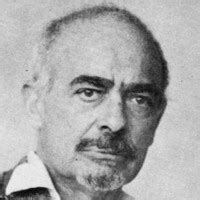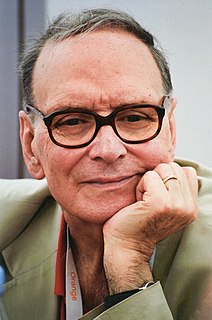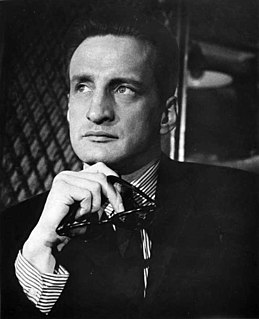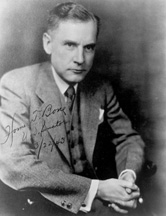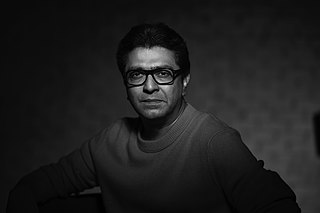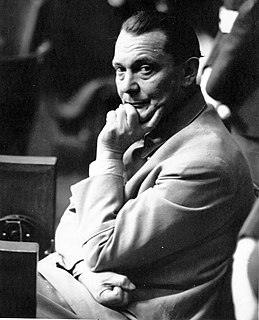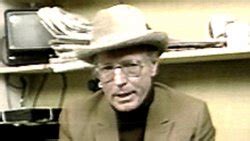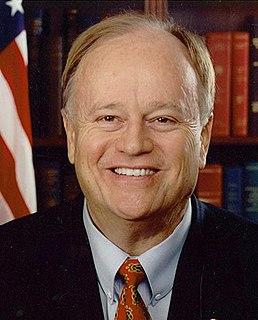A Quote by Oliver Stone
You look at the Russian side: They're defending their territory from the beginning. They move west to destroy the Nazis. And they take out the guts of the German war machine per Winston Churchill, who said that they won the war. From the beginning, we were hostile to the guys who had saved how many American lives by their repulsion of the Nazis? I think the Americans lost 400,000 in the whole war. And the Americans knew it at the time. They gave Joseph Stalin credit. He was the man of the year, cover of Life magazine in 1943; he was a hero.
Related Quotes
Once the war began, the government could do anything 'necessary' to win it; so it was with the 'final solution of the Jewish problem,' which the Nazis always talked about but never dared undertake, not even the Nazis, until war and its 'necessities' gave them the knowledge that they could get away with it. The people abroad who thought that war against Hitler would help the Jews were wrong. And the people in Germany who, once the war had begun, still thought of complaining, protesting, resisting, were betting on Germany's losing the war. It was a long bet. Not many made it.
I was born in 1928, so in 1943, 1944, we had the war in Rome. There were a lot of hardships, a lack of food, many shortages. So when I worked with the Americans, the English, and the Canadians soon after the war, when I played with them, they paid me with food. That will give you an idea how widespread poverty was at that time.
All this stuff you heard about America not wanting to fight, wanting to stay out of the war, is a lot of horse dung. Americans, traditionally, love to fight. All real Americans love the sting of battle. Americans play to win all the time. I wouldn't give a hoot in hell for a man who lost and laughed. That's why Americans have never lost - and will never lose - a war, because the very thought of losing is hateful to Americans.
During my childhood and teenage years, everything I knew was at war. My mother and father were at war. My sister and I were at war. I was at war with my atypical nature, desperately trying to fit in and be normal. Even my genes were at war - the cool Swiss-German side versus the hot-headed Corsican.
When I was arrested opposing the war in Vietnam in 1965, as I said about 20 or 30% of people were opposed to the war. By 1968, more than half of Americans were opposed to the war. If you pull in Europeans, Canadians, people from around the Third World, the war was vastly unpopular. But even half of Americans by 1968 opposed the war.
It cost about 75 cents to kill a man in Ceasar's time. The price rose to about $3,000 per man during the Napoleonic wars; to $5,000 in the American Civil War; and then to $21,000 per man in World War I. Estimates for the future wars indicate that it may cost the warring countries not less than $50,000 for each man killed.
As a Polish American, I grew up hearing the phrase 'nothing about us without us.' To Eastern Europeans, the vow is a painful reminder of how Joseph Stalin, Winston Churchill and Franklin D. Roosevelt carved up their small countries after World War II, placing them, against their will, under Soviet domination.
As Churchill said about the Great War, and he said this in about 1924, that it was the first war in which man realized that he could obliterate himself completely. If you consider the way the whole world was impacted, 18 million people worldwide died, and that is taking into account military and civilian deaths: 18 million people. And it was the whole world, if you will. You know, many of those trenches were dug by Chinese. There are photographs of Chinese looking like they just came from China, with their hats and so on, digging the trenches, right from the beginning.
During World War II, Joseph Stalin was once asked by an American writer, according to Professor Dean Russell, how he could justify conscripting all the property of all the people for use by the government to fight the war. Stalin answered by asking why they considered it more immoral and illogical to conscript lifeless property than to conscript life itself, as was being done in the United States and all other capitalistic countries. His American challenger had no answer, because there was no answer.
To me there are two Hitlers: one who existed until the end of the French war; the other begins with the Russian campaign. In the beginning he was genial and pleasant. He would have extraordinary willpower and unheard-of influence on people. The important thing to remember is that the first Hitler, the man who I knew until the end of the French war, had much charm and goodwill. He was always frank. The second Hitler, who existed from the beginning of the Russian campaign until his suicide, was always suspicious, easily upset, and tense. He was distrustful to an extreme degree.
Why did the people think [Vietnam war] was fundamentally wrong and immoral? The guys who ran the polls, John E. Rielly, a professor at the University of Chicago, a liberal professor, he said what that means is that people thought too many Americans had being killed. Another possibility is they didn't like the fact that we were carrying out the worst crime since the Second World War. But that's so inconceivable that wasn't even offered as a possible reason.
I think in many ways, the Spanish Civil War was the first battle of World War II. After all, where else in the world at this point did you have Americans in uniform who were being bombed by Nazi planes four years before the U.S. entered World War II? Hitler and Mussolini jumped in on the side of Francisco Franco and his Spanish nationalists, sent them vast amounts of military aid, airplanes, tanks - and Mussolini sent 80,000 ground troops as well - because they wanted a sympathetic ally in power. So I think it really was the opening act of World War II.

